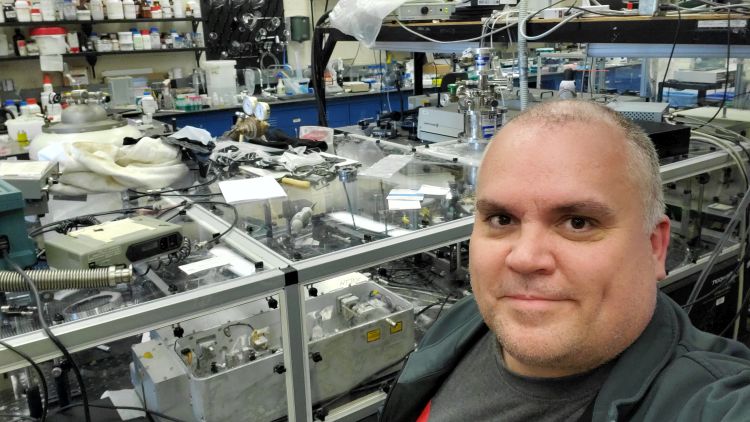
My fourth grade teacher, Mr. Gustke, is often quoted by those of us who graced his classroom at our very-rural school in Fremont, Wisconsin, known for being the "White Bass Capitol of the World" along the banks of the Wolf River and busting at the seams with a population that hasn't quite managed to break 800 the last few decades, "you can't do two things at once!"
There, I tried to pack as much information into a single sentence, hoping to somehow prove him wrong.
Well, we can do two things at once, but we can't do them very well. Especially if those two things require mental effort. And that's where my interest overlaps as I work in Academe.
Over the years, I haven't given my teacher's remark much thought beyond remembering him telling me this once while he and I were walking across the main parking lot that itself multitasked as a basketball court, kickball field, and bus drop-off area. In particular, he was walking AND talking at the same time, and doing both very well! However, today I realize he was doing a single thing that required mental effort (conveying useful, meaningful information to a student) and something rather mindless and passive (walking alongside me).
In more recent years, I recall one of my supervisors asking me what I thought was my greatest challenge as a researcher. After some thought, I responded, "I find it very difficult to shift 'mental gears' from one project to another." I haven't dwelled on that conversation much in the decade since either, but today I came across this advice article in my daily email from The Chronicle of Higher Education that draws these experiences into a more succinct and quantifiable perspective: Multitasking Is the Enemy of Academic Productivity. In it, the author explains how similar multitasking in Academe is to working in private industry. They also note that research over the last few decades only point to the fact that multitasking is NOT productive and can destroy our person by excessive stress, less sleep, and loss of quality work.
More importantly, the author offers several potential solutions to reduce multitasking and its consequent stress. One is to play to employees' strengths rather than require employees to be one-size-fits-all. My strengths include working with students on professional development and research skills, process development in research, science teaching, and what my doctoral advisor called "really deep thinking about meaningful things in science." What are yours? How well does your institution draw upon your skills but require you to perform well in other areas?
In the end, we fail to produce the meaningful contributions we set out to do in our careers and are forced to accept mediocre steps forward year after year after year.
I strongly recommend you read this one with what little time you have between tasks today.
